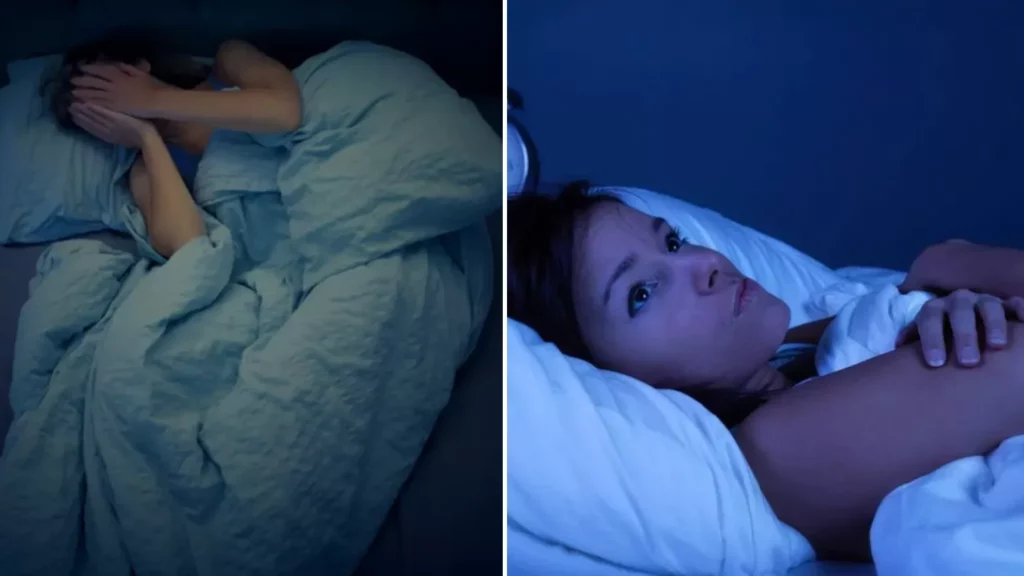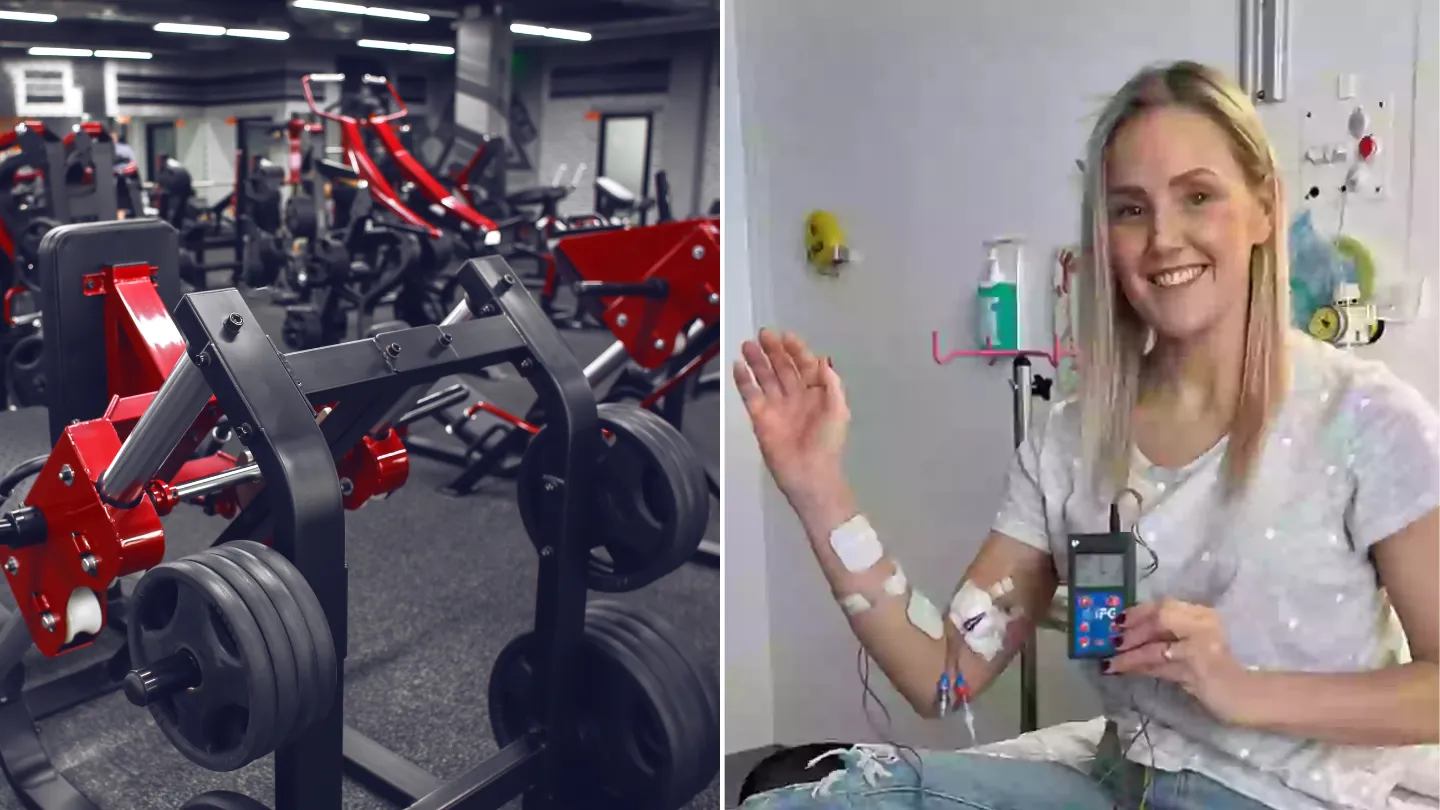It’s the middle of the night, yet millions of women find themselves staring at their clocks, awake and frustrated.
It’s not just a restless night or an anxious mind keeping them up—this phenomenon happens at the same precise time: 3:29 AM.
From restless thoughts to staring at the ceiling, the details of this situation are oddly universal, leaving many wondering why their bodies are jolting awake in sync with countless others.
According to recent research from Dunelm, the home retailer known for its focus on sleep products, this isn’t a random coincidence.
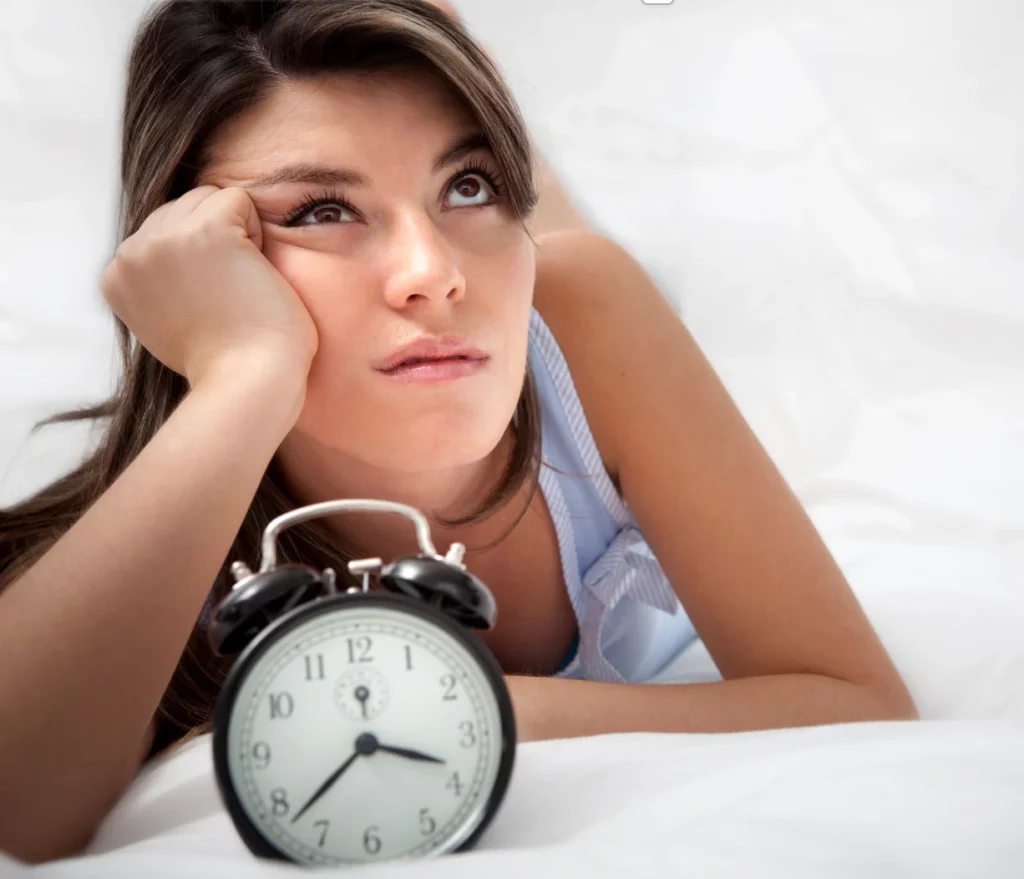
Their study points to a significant cause affecting a large portion of the female population.
Around 13 million women in the UK are currently navigating the hormonal shifts of menopause or perimenopause, which can seriously disturb sleep patterns.
Dunelm’s findings reveal that these hormonal changes are directly tied to this specific 3:29 AM wake-up time.
For many women, these nighttime awakenings are more than just a minor nuisance.
Insomnia a common symptom of menopause can lead to long-term sleep disruptions, with a ripple effect on daily life.
Dr. Clare Spencer, a menopause specialist, sheds light on the matter, noting that menopausal sleep disturbances can impact both physical health and mood.
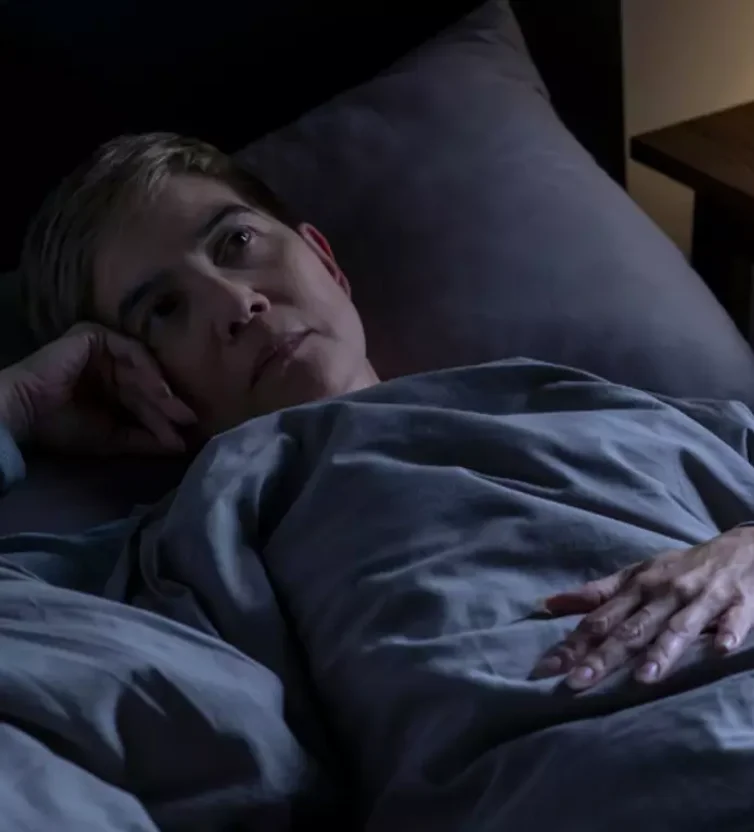
“Sleep issues are one of the most common complaints I hear,” Spencer shares.
She adds that sleep disruptions can create a challenging “feedback loop,” where poor sleep leads to heightened stress and even greater difficulty falling back asleep.
The issue seems widespread, with many women unable to find lasting solutions to manage these sleep troubles effectively.
Surveys conducted by Dunelm reveal how women cope with these disruptions.
About 53% of those affected admit they simply toss and turn, hoping to drift back to sleep.
Others try reading or scrolling through their phones, with roughly 30% attempting these methods.
Some turn on the TV to pass the time, while 17% find themselves just watching the clock tick away until morning arrives.
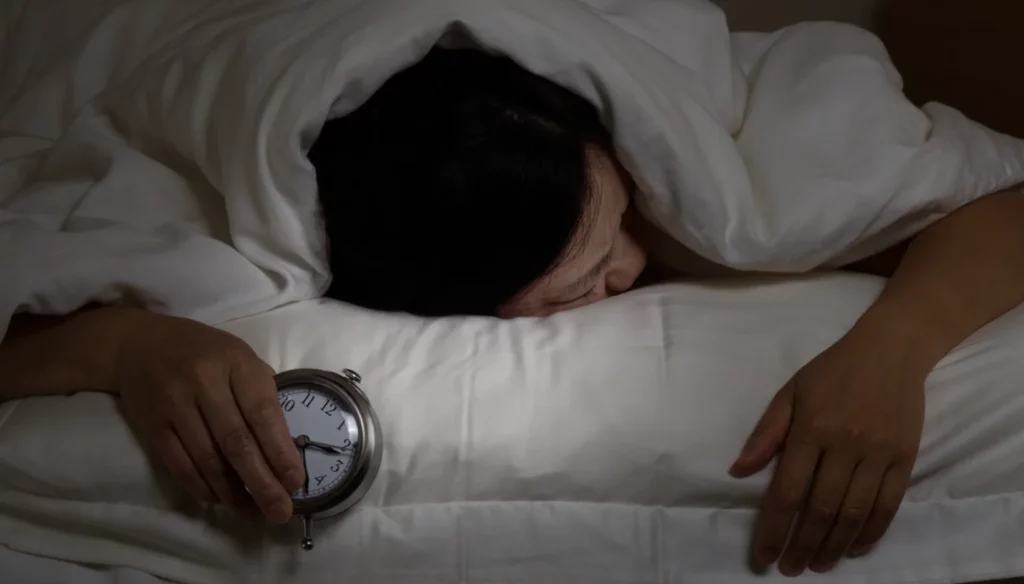
The constant sleep interruptions have left many women struggling with daytime fatigue, impacting their energy and overall mental well-being.
Olympic gold medalist Dame Kelly Holmes shared her own struggles with perimenopausal insomnia, noting, “Waking up at three in the morning became a regular occurrence for me.”
She confesses that even now, “I still only get around five to six hours of sleep a night.”
In an attempt to reclaim her rest, she’s turned to blackout curtains and sleep sprays, which she now calls her survival tools.
Despite the frustrating routine, medical professionals and experts offer some coping strategies.
Dr. Spencer advises women to avoid stimulants such as alcohol, caffeine, or nicotine before bed and to skip heavy meals in the evening.
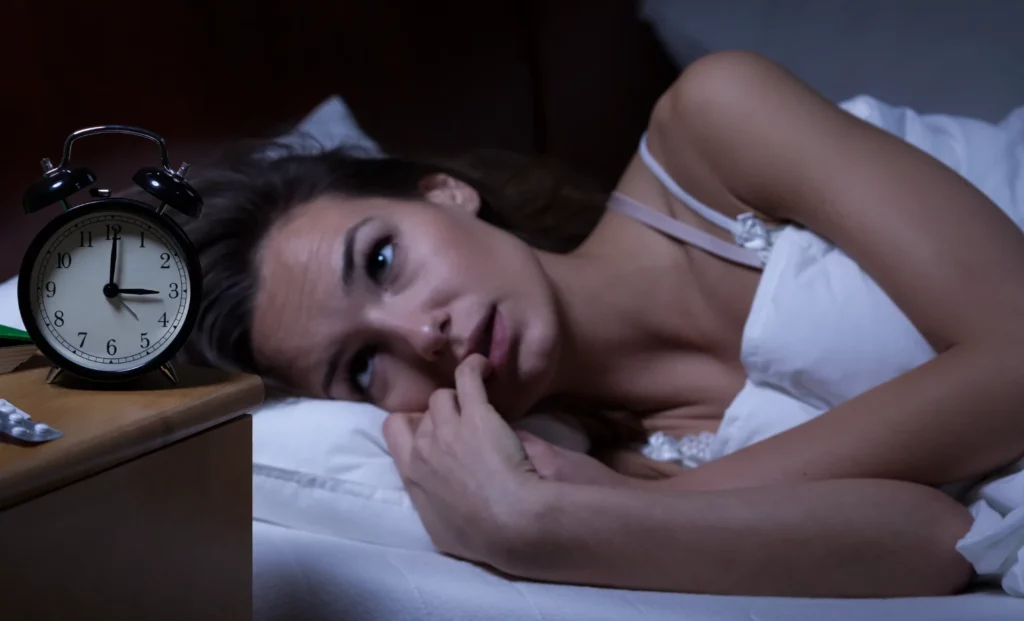
Still, the problem persists for many, and only one in four women report consulting a doctor about their struggles.
Many remain unaware of available treatments, including hormone replacement therapy (HRT), which could potentially alleviate symptoms.
As the clock approaches dawn, many find themselves bracing for another day of exhaustion.
The question remains: why 3:29 AM?
Experts link this exact timing to the body’s natural sleep-wake cycles, which, under the hormonal influence of menopause, become more sensitive to disturbances.
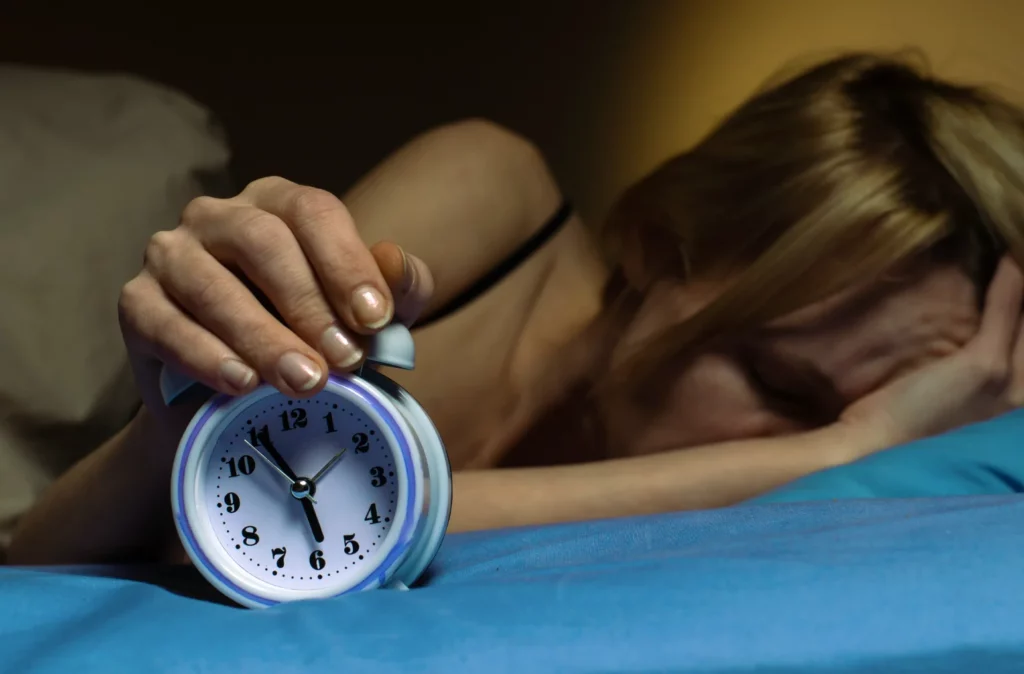
This “wake window,” as Dr. Spencer describes, happens when normal rest patterns are disrupted, leaving women vulnerable to early-morning awakenings.
For now, those caught in this 3:29 AM cycle may take comfort in knowing they aren’t alone in their midnight struggles.
Feature Image Credit: (Canva Pro)

